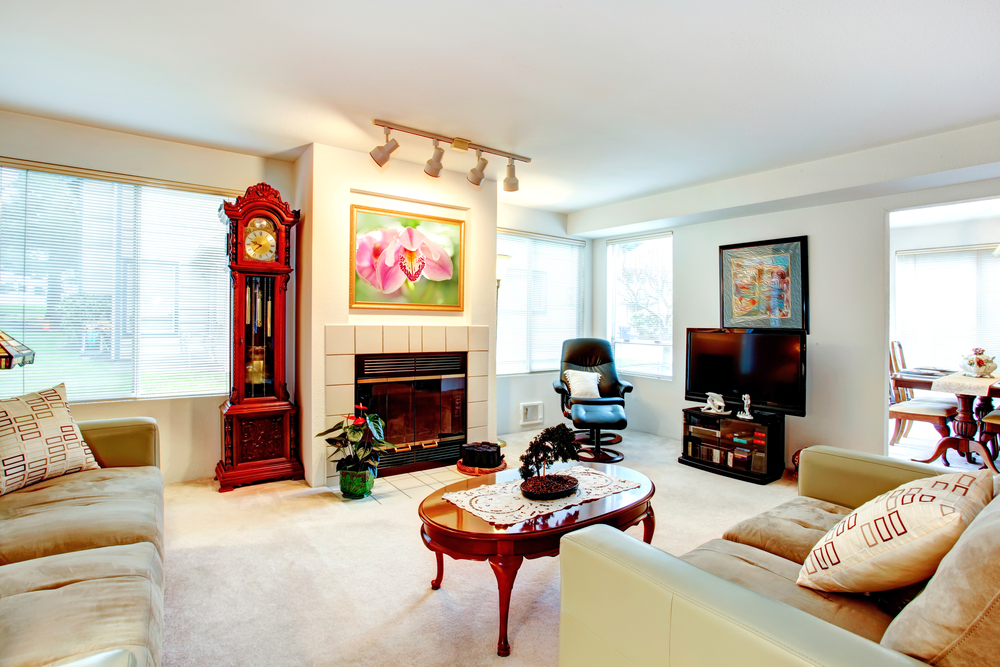Is it common in America to address hospitality workers formally, or is it just a practice of a few?
An internet user asked, “Why are American tourists so formal to hospitality workers?
For context, I work in a pretty touristy pub in Scotland and we get mostly American, Canadian, and English visitors. I’ve noticed that my American customers are really formal with me, referring to me as ma’am and generally acting like they’re in a silver service place.
This pub is so casual that I refer to everyone as ‘pal’ or ‘mate’ and often hang about wearing band shirts.
Is there a cultural difference in how hospitality workers are treated? Given how everything is on the internet, I’d assumed that Americans would be my most difficult customers but they treat me like the queen!”
Let’s see what people have got to say!
A Classic Courtesy Move

“It’s just seen as a courtesy here. Consider it their way of showing you respect.”
It’s Merely A Natural Cultural Instinct

“Remember that the US is not a formally classed society. Yes, certainly we have informal ones around income, but we don’t have or recognize inheritable titles, peerages, castes, etc. So it is very culturally embedded that all people should be treated with mutual respect (or at least the appearance of mutual respect).
There are, of course, outliers, but their actions are generally looked down upon by society as a whole. You probably further see it because tourists are inherently outside their comfort zone, so it’s somewhat a natural cultural instinct to rise to a level of formality so as not to give offense.
In theory, anyway, to the American mindset, you are equal to the Queen and she deserves no more or less respect than you—we literally fought a war to declare this.”
Just A Polite Gesture

“Sir and ma’am to many of us is just a way to politely address someone you don’t know. It’s both formal and informal in the south.”
Rudeness Is Considered Offensive Here

“Rudeness to service workers is a huge social faux pas in the US, so we tend to err on the side of formality in order not to give offense.”
That’s Just A Part Of American Culture

“Americans get a bad rep, especially on social media, but we’re actually over-the-top polite and friendly for the most part. So much so that it confuses people in other countries to the point that they wonder if it’s fake. Nope, that’s just a part of American culture.”
It’s Kind Of Embedded In Americans

“We Americans don’t generally use words like mate or pal on a daily basis. From a young age, most kids are taught to refer to anyone older than them as Sir and Ma’am and it just carries over to adulthood.
I am 41 and raised in the South. So this was embedded in me and I can promise you if I was visiting you now and needed or wanted your attention I would be saying ‘Excuse me Sir’ to get your attention. I just don’t know any other way.”
That’s Our Default Behavior Towards Anyone & Everyone

“I wouldn’t necessarily say that ‘ma’am’ is formal.
Why wouldn’t we treat someone we don’t know with respect by default? It’s not specific towards service workers; it applies to anyone I might interact with.”
It’s Regional For Southerners

“This is regional, but it’s common for southerners to sir-and-ma’am basically anybody we don’t know. It’s just meant to be respectful I guess.”
Because Of The ‘Ugly Or Rude’ Stereotype

“Most Americans are very aware of the ‘ugly or rude’ American tourists stereotype, I think we try to be extra polite because of this.
I have personally never met anyone in real life that acts like a ‘typical argumentative social media freak’, and I am glad I haven’t.”
We Were Brought Up Like This

“It’s a sign of giving respect and courtesy to someone you aren’t intimately familiar with. Especially if you’re speaking with someone who is your elder. I was brought up like this to refer to someone as ‘sir’ or ‘ma’am’ unless I knew them personally.
Unless I’m familiar with someone or they’re around my age bracket or younger, I won’t use ‘pal’ or ‘buddy’. Unless I’m already comfortable with them.”
Basic Mannerisms

“If I don’t know your name, there’s a 90 per cent chance I’m calling you sir, ma’am, or miss. It’s just manners.”
A Combination Of Two Things

“It’s probably a combination of general courtesy and not having a “class structure” mentality.”
A Simple Cultural-Linguistic Difference

“That’s a cultural thing. People from the Southern US, the Philippines and South Asia use Ma’am and Sir.”
“It’s a simple cultural-linguistic difference; those terms are seen as more polite than formal. I speak Latin-American Spanish and run into the same issue when going to Spain.
Their manner of speaking can come off as overly casual when compared to the Spanish I am used to, and conversely I sometimes sounded like some servant, just because of the way the language developed in the new world.”
This One’s Especially True For Bartenders

“There probably is. Especially for bartenders, as a byproduct of our tipping culture in the US. You’re going to get better service if you’re polite and courteous, and if the bartender is polite and courteous to you, you tip them better.
But basically, it comes down to this: If you go to a bar you’ve never been to or one you’ve not been too often, and you’re a jerk, you can expect poor service at best, and getting told to leave (or even arrested) at worst.
So when you, as an American, are going to a bar for the first time, it’s in your best interest to keep yourself under control, be polite, and be courteous to the bar staff.”
We Hate Financial/Social Hierarchy

“Americans generally hate financial/social hierarchy where someone of higher income is considered better than a lower income person. So most of us will treat the hotel dishwasher with the same respect as the hotel manager. Which leads to being polite to service people.
This is the same reason we have no problem asking what someone does for a living. Many Europeans consider it rude to ask this. But the real rude part is to treat someone differently when you find out what someone does for a living.”
More From Mrs Daaku Studio

Thrift stores and goodwill stores are great, but there are many weird instances of people finding things. Read – Goodwill Workers Share 16 “Weirdest” Things They’ve Ever Found, It’s Hilarious!
15 Jobs That Employers Are Finding IMPOSSIBLE To Fill

Wondering what jobs are available to you? Read 15 Jobs That Employer’s Are Finding IMPOSSIBLE To Fill. Grab Them Now!
11 Celebrities Who Are So Creepy That They’ll Give You the Heebie-Jeebies

15 Telltale Signs Someone Is Stupid

15 Telltale Signs Someone Is “STUPID” Check out all the signs.
20 Jobs That You Should Never Do No Matter How Much They Pay

Not all jobs are great, check this out. 20 Jobs That You Should Never Do, No Matter How Much They Pay. They’re Evil.
This article was originally published on Mrs Daaku Studio.
